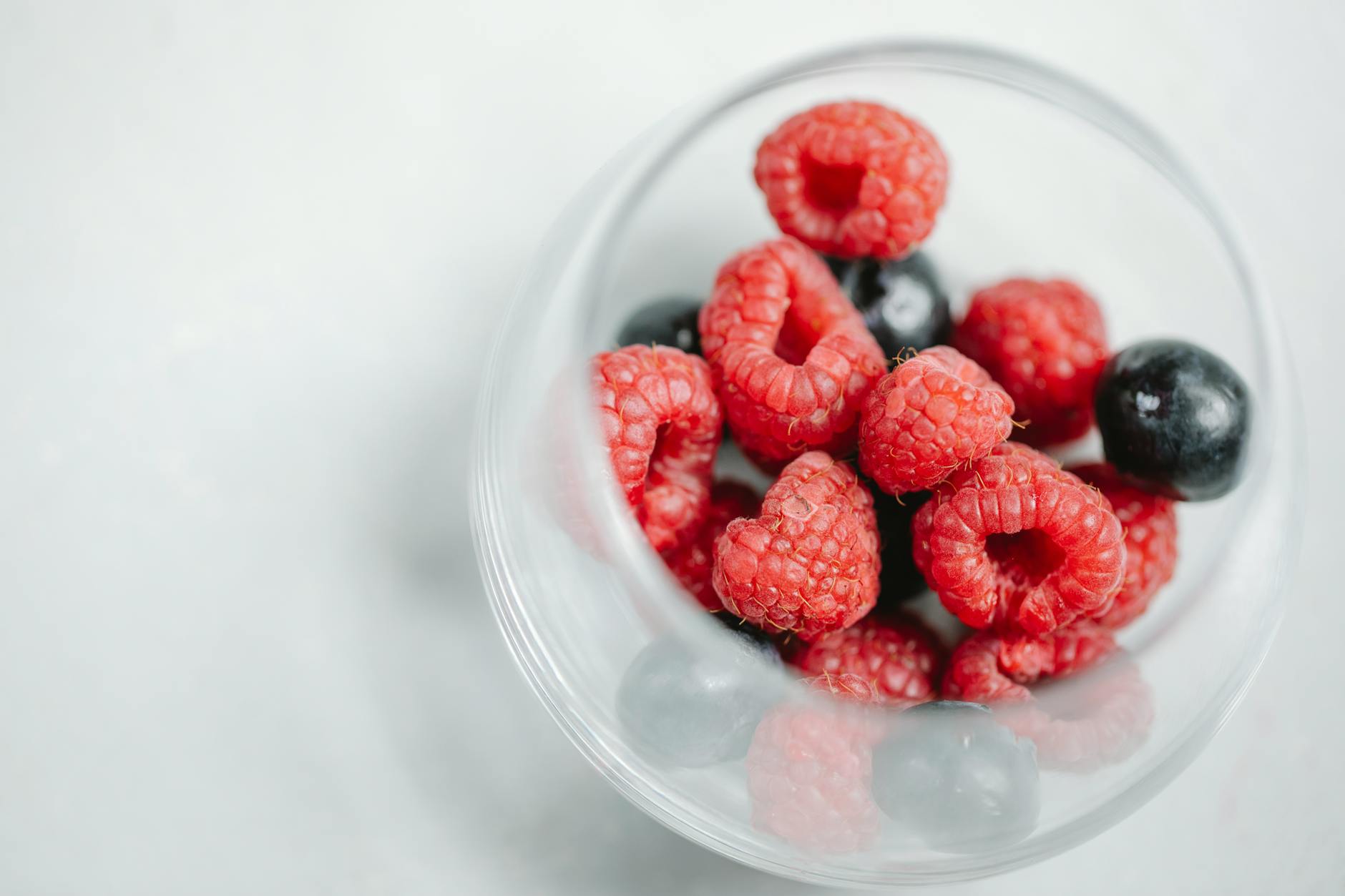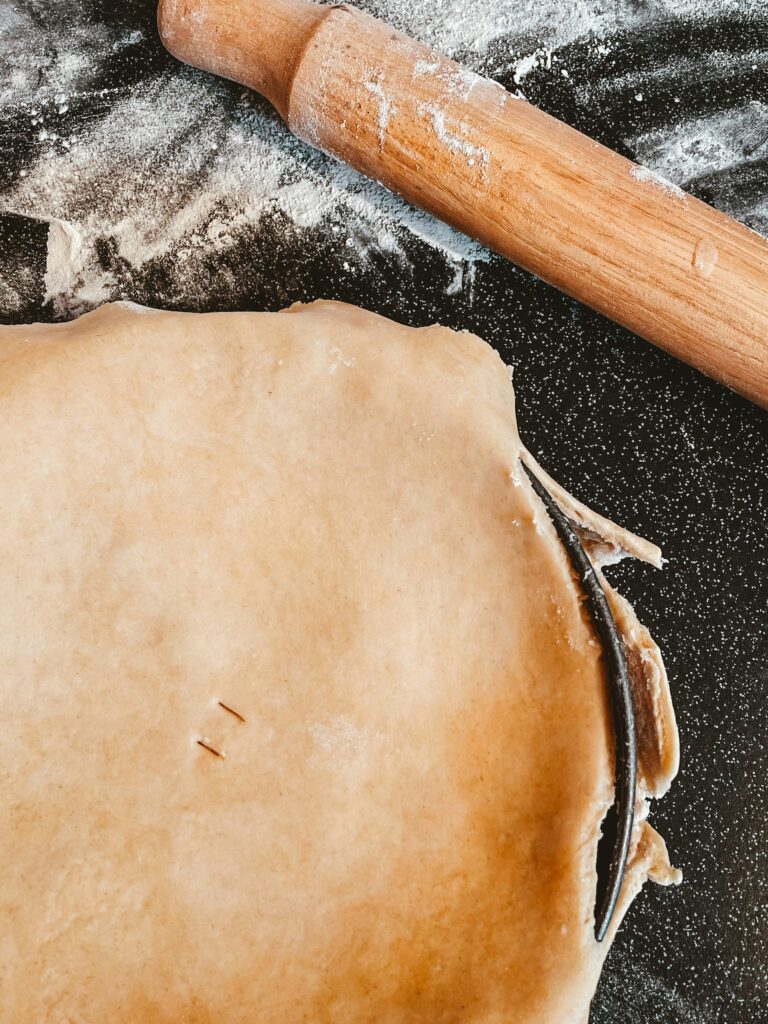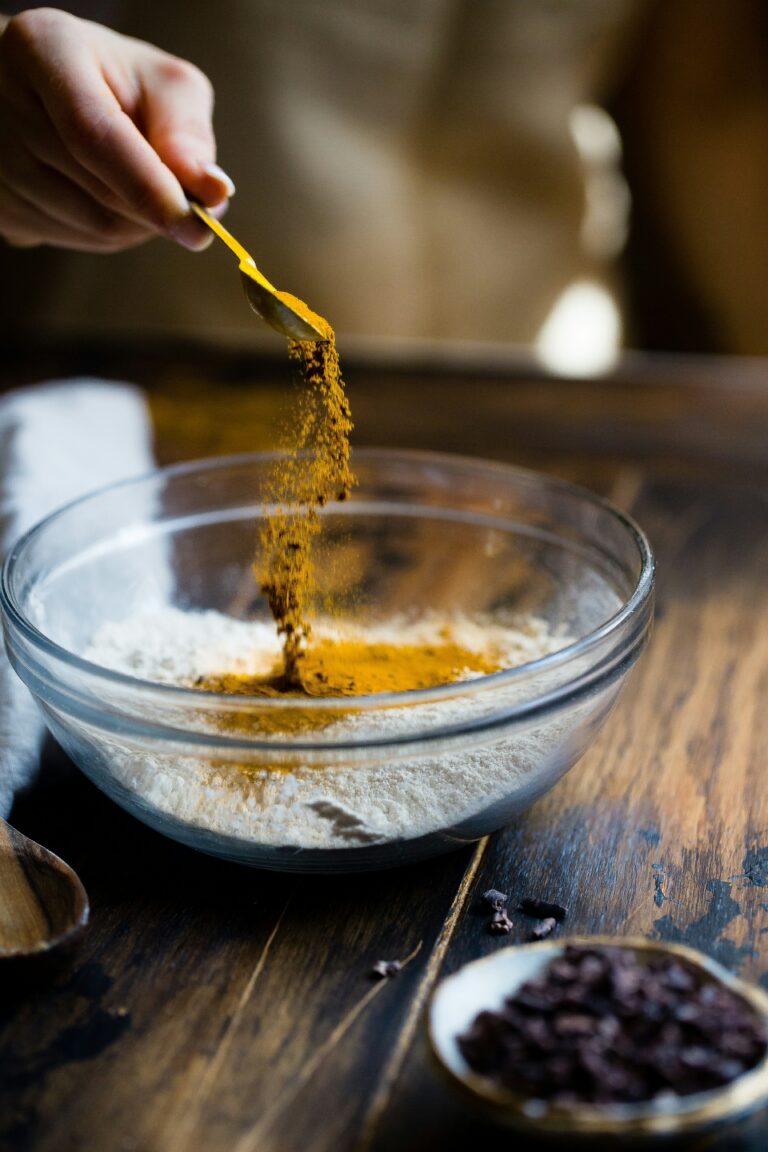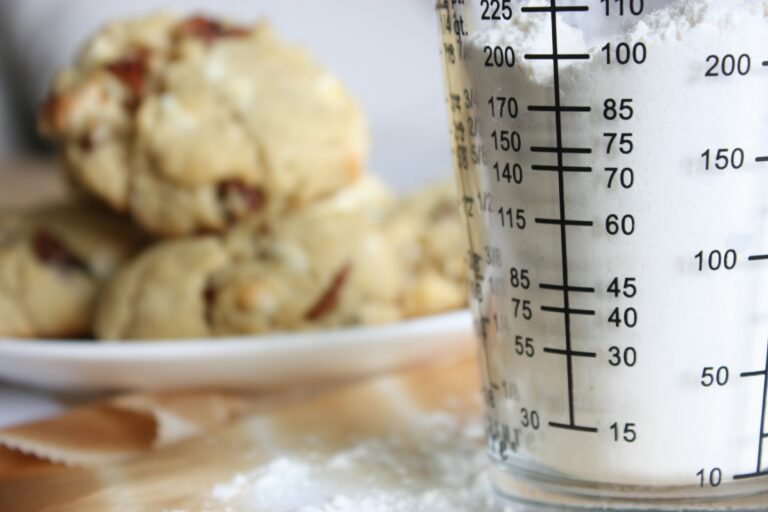Deciphering Cooking Measurements
In the cooking world, getting your measurements right means everything. Whether you’re baking the perfect cake or making a delicious dish, pin-pointing those measurements gets you the dish you’re aiming for. One biggie is converting liquids to grams.
Why Measuring Right Matters
Measuring correctly when cooking is like your secret weapon for nailing any dish. For baking a cake, getting the amounts right is how you get that perfect texture and taste. Making a sauce? It’s all about finding that flavor balance, and that’s down to getting your quantities spot on. Knowing how to translate different ingredients into grams helps keep everything consistent when you’re whipping up meals or baking.
Mastering the Swap: Liquid Measurements to Grams
When cooking, especially when precision is the name of the game, flipping liquid measurements into grams can be a lifesaver. Liquids like water are simple to convert to grams because of their density, but with others, it gets a little trickier. Nailing down the conversion rates for various liquids lets you stick to recipes like a pro and hit consistent results every time.
Let’s break it down with some examples of how different liquids measure up in grams per cup:
| Liquid | Grams in 1 Cup |
|---|---|
| Water | 240g |
| Milk | 245g |
| Vegetable Oil | 218g |
| Honey | 340g |
Knowing the gram count for a cup of different liquids lets you tweak recipes as needed, making sure your dishes have the flavors and feel you’re reaching for. You can dive more into cooking measurements and conversions in our article about how many grams in a cup of liquid?.
Grams in a Cup of Liquid
Getting the right weight for liquids is as much art as it is science when it comes to cooking. Here, we’re talking about how much a cup of water weighs and how you can figure out the weight of other liquids in grams.
How Many Grams in a Cup of Water?
A regular ol’ cup of water—that’s 8 fluid ounces or roughly 240 milliliters—tacks in at about 240 grams. This is your go-to weight when converting liquids in the kitchen. Knowing this can keep your recipes in tip-top shape since you’ll be guessing less and measuring more.
When you’re making that family-favorite stew or trying out a new recipe, remember that 1 cup of water equals 240 grams. This knowledge leads you to the promised land of flourless cakes, perfect soups, and a million more perfect dishes.
Converting Other Liquids to Grams
Now, not all liquids play by water’s rules. They may weigh more or less, thanks to different stuff swimming inside them. To get their weight in grams, you need to eyeball their density or specific gravity.
For handy reference, here’s a quick cheat sheet of some household friends in the kitchen and their weight in grams per cup:
| Liquid | Weight in Grams (per cup) |
|---|---|
| Milk | 245 |
| Olive Oil | 216 |
| Honey | 340 |
| Vinegar | 244 |
| Maple Syrup | 322 |
| Vegetable Broth | 245 |
By tapping into the density or specific gravity, you’re armed with what you need to nail those weights in grams per cup each time. Cooking and baking will be like a walk in the park, with delicious dishes that hit the mark every single time. For more on getting your measurements just right, swing by our detailed piece on measurements for cooking.





